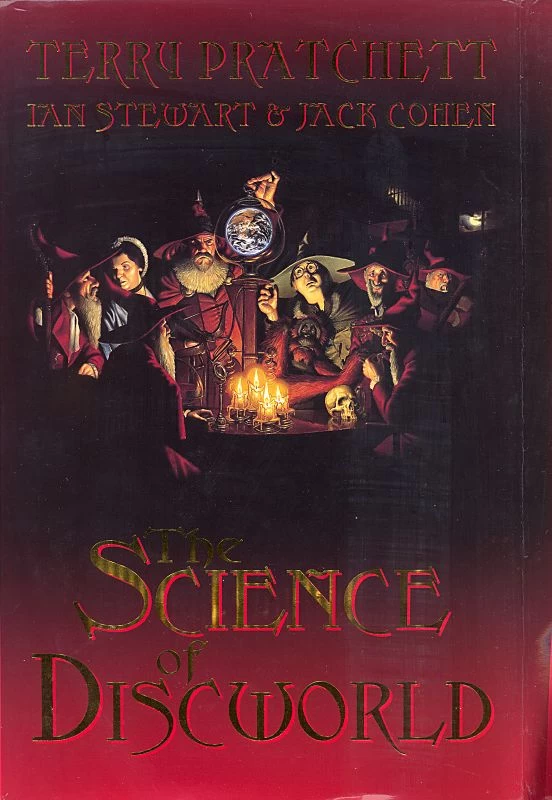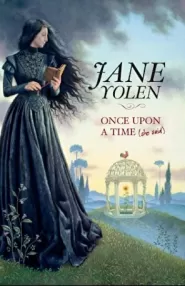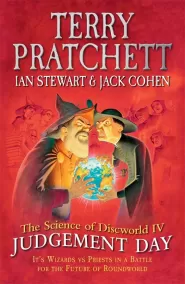The Science of Discworld
In the fantasy universe of the phenomenally best-selling Discworld series, everything runs on magic and common sense. The world is flat and million-to-one chances happen nine times out of ten. Our world seems different - it runs on rules, often rather strange ones. Science is our way of finding out what those rules are. The appeal of Discworld is that it mostly makes sense, in a way that particle physics doesn't.
The Science of Discworld uses the magic of Discworld to illuminate the scientific rules that govern our world. When a wizardly experiment goes adrift, the wizards of Unseen University find themselves with a pocket universe on their hands: Roundworld, where neither magic nor common sense seems to stand a chance against logic.
Roundworld is, of course, our own universe. With us inside it (eventually). Guided (if that's the word) by the wizards, we follow the story from the primal singularity of the Big Bang to the Internet and beyond. We discover how puny and insignificant lives are against a cosmic backdrop of creation and disaster. Yet, paradoxically, we see how the richness of a universe based on rules has led to a complex world and at least one species that tried to get a grip on what was going on...
Readers also enjoyed
Terry Pratchett
Terry Pratchett’s work was nothing short of magical, blending satire, wit, and a deep love for the absurd with stories that could make you laugh, think, and occasionally question reality. Born in 1948 in Beaconsfield, England, Pratchett's sharp humor and keen observations of human nature started early. After a series of journalistic jobs and a stint in publishing, he found his true calling as a writer of fantasy—albeit with a twist.
Pratchett’s most famous creation, the Discworld series, is a sprawling, multi-layered universe filled with quirky characters, sharp satire, and an unrelenting exploration of the complexities of society. The series—spanning over 40 novels—introduces readers to a world supported by four giant elephants standing on the back of Great A’Tuin, the giant turtle swimming through space. It’s a place where witches, wizards, and talking cats wander through settings that are both fantastical and familiar, a perfect mirror to our own world, full of politics, absurdity, and endless curiosity.
The Science of Discworld
The Science of Discworld consists of four books. The current recommended reading order for the series is provided below.
Main series Discworld












